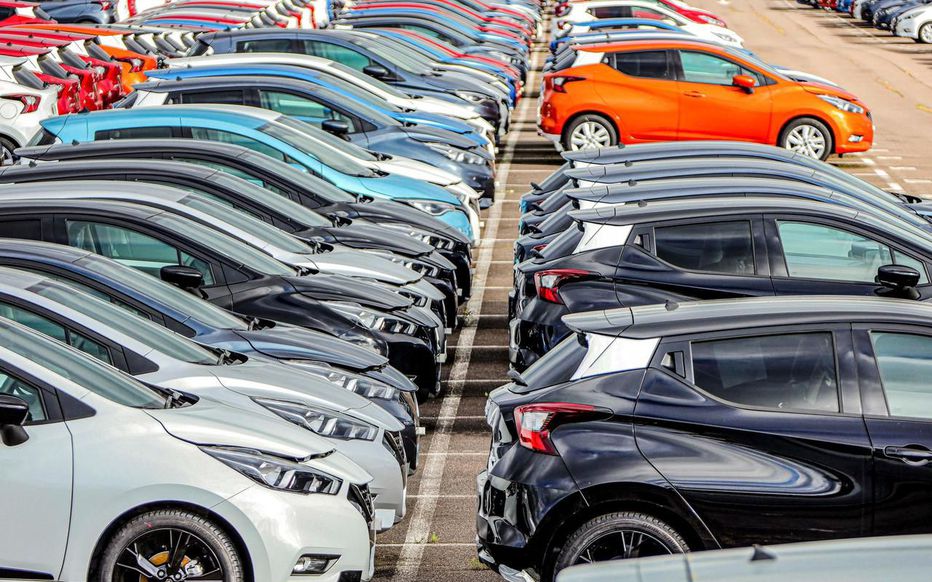France’s government is preparing a new strategy to achieve an exit from the crisis thanks to a more significant share of electric vehicle sales. For this, they propose increasing public aid.
This project will be presented next week and aims to save the powerful French automobile industry, on which 400,000 direct jobs and more than 900,000 indirect jobs depend in France alone. This project will involve the mobilization of hundreds of billions in aid, loans, deferrals, but also in the increase in the budget for assistance for the purchase of electric cars.
The French newspaper Le Parisien, indicate that the French government will increase the current aid for the purchase of electric cars for individuals from the current 6,000 euros to a figure of between 7,000 and 8,000 euros.
Companies would also see the figures increase from the current 3,000 euros to around 5,000 or 6,000 euros in a project that also raises the controversial measure of recovering aid to plug-in hybrids. They have been excluded from the latest programs and could return with an incentive of 2,000 euros.
The last part involves applying a vehicle conversion aid. The French administration has recently regulated this section, and would allow starting aid of up to 4,000 euros to transform a vehicle with a combustion engine into an electric one. Incentives vary according to the income level of the interested party.
With this move, which will be officially confirmed next week, France would bet on the recovery of its automotive sector with a strong environmental and future component. Pushing brands to bet more intensely on the electric car, not just as an advertising tool or to comply with emissions regulations, but directly to survive this crisis.
And it is that as we remember, Europe has approved that the states can apply reductions in VAT to electric vehicles. In combination with public aid would place this type of vehicle at the height in terms of price compared to models with combustion. A turning point that, accompanied by investment in the expansion of cargo networks, should boost sales in the coming years.
We can imagine a scenario where the government approved a project where a VAT reduction at the super-reduced rate of 4% was combined, with the aid of 7,000 euros. With these two formats, those interested in a 58 kWh Volkswagen ID.3 could get one for just 25,600 euros, a 64 kWh Hyundai Kona for only 27,400 euros, or they could opt for the economical Volkswagen e-Up with its 36.8 kWh per just 12,900 euros.

